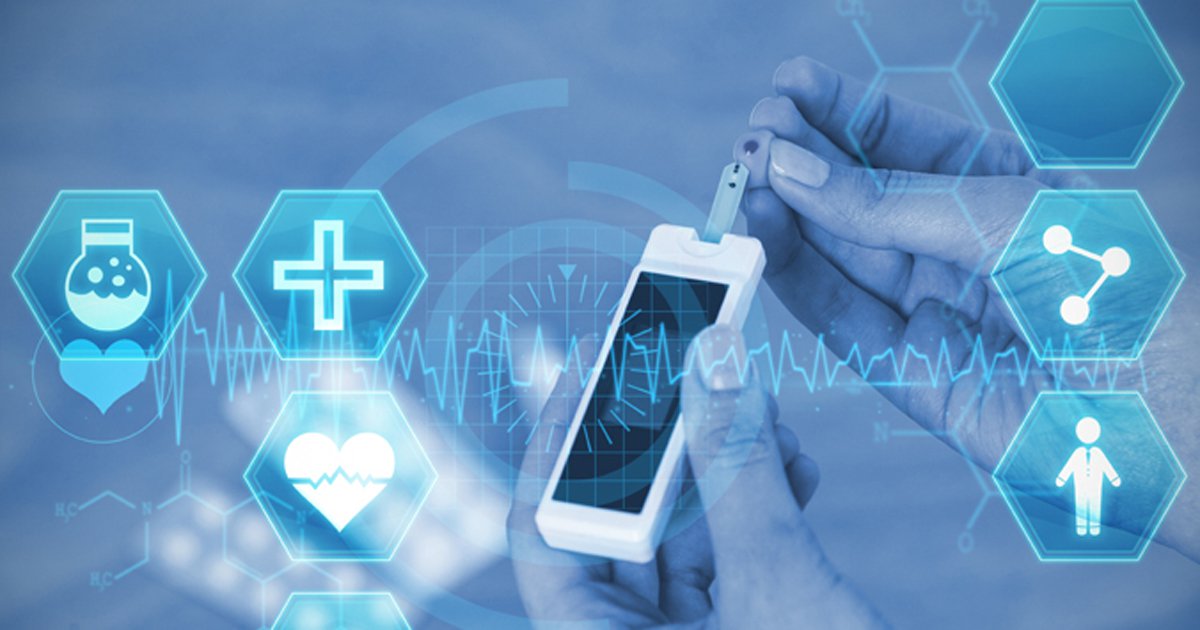AI-based training and upskilling in-demand for diabetes care: Survey
November 14, 2024 | Thursday | News
Prevention and management of diabetes complications is the top priority for doctors
image credit- shutterstock
Medvarsity, Asia’s largest healthcare EdTech company, has released findings from its comprehensive survey of over 3,000 diabetologists and endocrinologists across India. Released on World Diabetes Day- i.e. 14 November, the survey highlights the priorities, barriers, and future perspectives of healthcare providers committed to advancing diabetes care through continuous learning and innovative technologies like artificial intelligence (AI).
The research shows healthcare professionals are deeply committed to improving their skills, with 90% saying ongoing training is vital. When it comes to learning, doctors prefer to learn from each other. Clinical case discussions and peer reviews were chosen by 75% of participants as their preferred method for professional development, highlighting the value of collaborative, real-world applications.
Prevention and management of diabetes complications is the top priority for doctors looking to enhance their expertise, with 82% wanting to learn more in this area. Close behind is advanced insulin management, with 78% of doctors keen to sharpen their skills in this specialist field.
The survey found that while doctors are eager to learn, they face real challenges. Time constraints emerged as the most common barrier, affecting 65% of respondents, followed by cost of programs (60%) and difficulty balancing personal and professional life (58%). Despite these hurdles, there's a strong appetite for AI training, with 78% of doctors wanting to learn how to use automated insulin dose calculators, along with high interest in continuous glucose monitoring (CGM) analysis systems and diabetic retinopathy screening tools.
The survey revealed that healthcare professionals are increasingly looking to AI to enhance diabetes management. Early detection and diagnosis of diabetes complications (88%) and personalised treatment plans (85%) were the most anticipated AI applications, while 80% of doctors see automated blood sugar monitoring as key, pointing to the importance of continuous monitoring in diabetes care.









